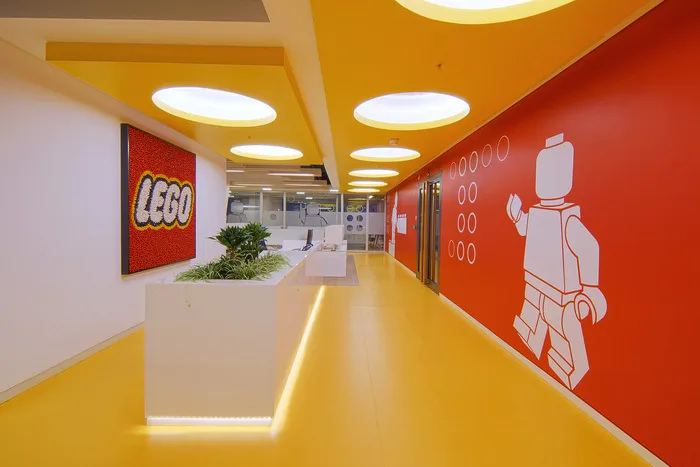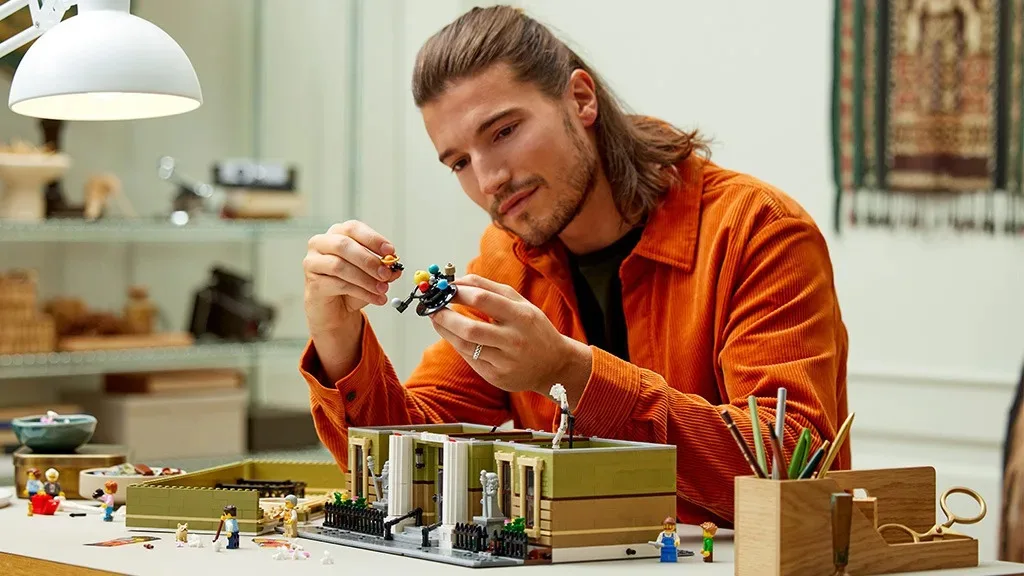
The LEGO Company Story
From humble beginnings to becoming a global icon of creativity and imagination, the LEGO company’s journey is a testament to innovation, resilience, and the enduring appeal of playing well. This article delves into LEGO’s origins, its evolution through challenges, and the legacy it continues to build with each brick.
What Kind of Company is LEGO and What Does It Do?
LEGO, a name synonymous with creativity, is renowned for its colorful interlocking plastic bricks that have inspired generations of children and adults alike. Beyond just toys, LEGO has evolved into a medium for artistic expression, education, and even therapeutic practices, underscoring the brand’s philosophy of fostering creativity through play.
The Foundation of LEGO: When and Where It All Began
LEGO was founded in 1932 by Ole Kirk Christiansen in Billund, Denmark. Initially a small carpentry workshop, it pivoted to producing wooden toys in 1934, adopting the name LEGO from the Danish phrase “leg godt,” meaning “play well.” The switch to plastic bricks in 1949 laid the groundwork for the LEGO system of play, revolutionizing the toy industry.
The Birthplace of a Legacy
Billund, a small town in Denmark, became the cradle of the LEGO empire. The company’s growth from a modest workshop to a sprawling theme park and modern factory illustrates the transformative power of innovation and vision. LEGO House, also in Billund, serves as a testament to the brand’s commitment to inspiring and developing the builders of tomorrow.

Navigating Through Challenges
Despite its success, LEGO faced significant challenges, particularly in the early 2000s when financial troubles threatened its existence. The company struggled with over-diversification and a detachment from its core values of quality and creativity. These challenges served as a wake-up call, prompting a strategic overhaul.
Rising From the Bricks
LEGO’s turnaround is a story of resilience and strategic focus. By streamlining operations, re-engaging with its fan base, and innovating within its product lines while staying true to its core philosophy, LEGO rebounded to achieve unprecedented growth. The introduction of thematic sets and collaborations with popular franchises invigorated the brand, making LEGO more relevant than ever.
LEGO’s Enduring Legacy
Today, LEGO’s legacy is not just in the billions of bricks it has produced but in the impact it has on education, creativity, and innovation. LEGO has transcended cultural and generational barriers, becoming a beloved part of childhood and beyond. As it continues to build its future, LEGO remains dedicated to inspiring the builders of tomorrow through the power of play.
